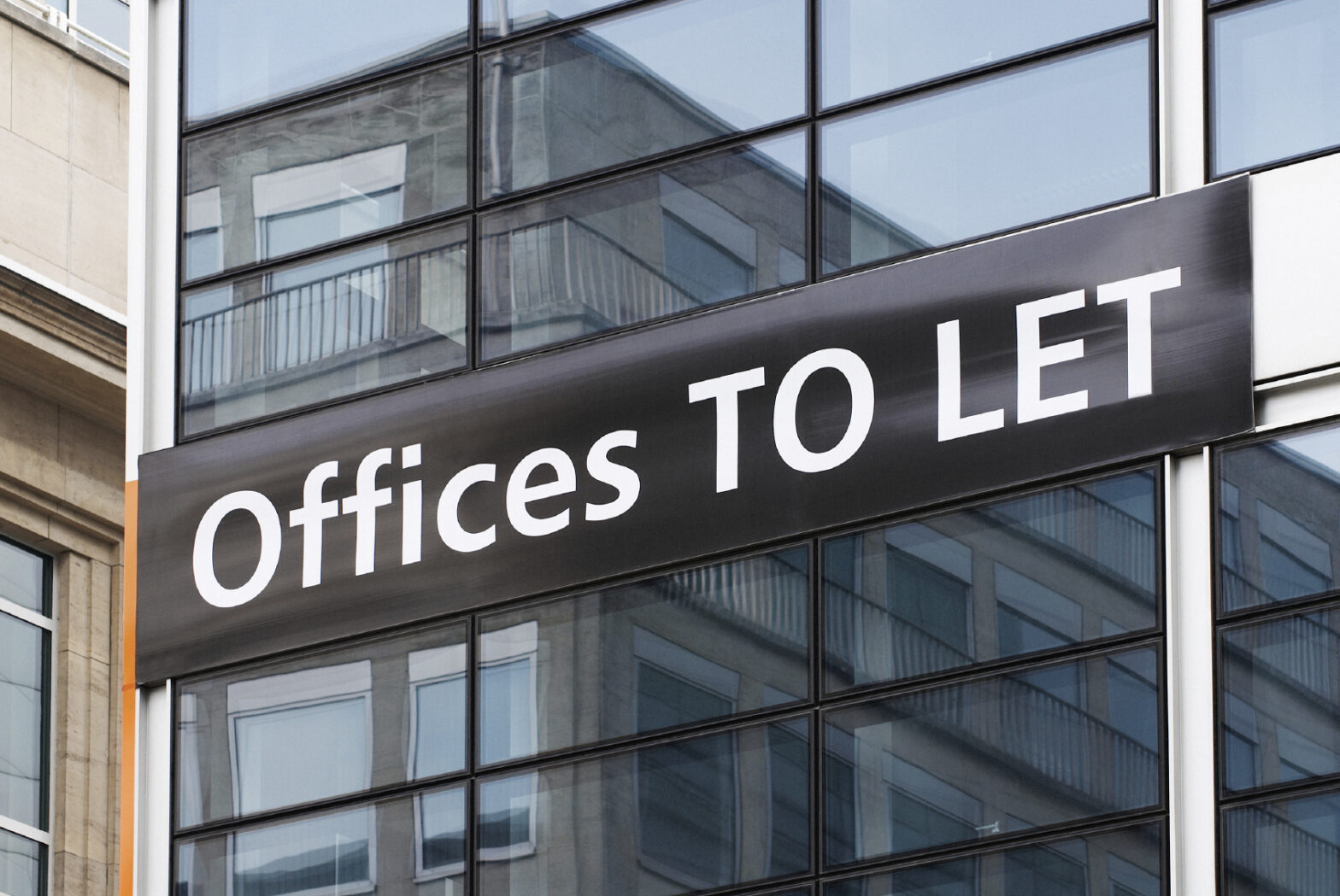By Jenny Haley
The five fundamental issues to be grasped by any new business looking for the most suitable premises are:
- 1. What size premises do we need?
- 2. What’s the best location?
- 3. How much should we pay?
- 4. A lease or a licence?
- 5. Where should we look?
The golden rule is: don’t overstretch yourself on your first property. Keep your premises as small as you reasonably can, while trying to plan for your future needs if you have to commit for a long period.
One low-cost/low-risk option for entrepreneurs and small companies is shared business space. This could be a facility specially designed for sharing, or could mean taking accommodation alongside another small company in order to share the costs.
Rather than ‘going large’ from the start, it’s far better to try to find a small office or unit, with a view to upgrading once you’re more established. Let’s face it, noone can predict exactly how your business will grow nor how the economy will fare, especially in these difficult times. If, for example, you’re considering taking on staff in one year’s time, wait until then for that bigger office.
If you only occasionally need somewhere to meet your clients, do you really need the expense of a dedicated meeting room in your office? Could it be a cost effective alternative to find a nearby business centre or hotel that hires out meeting spaces?
But while this is all sound cost-saving advice, don’t be tempted to leap into the cheapest property you can possibly find. If it’s damp, dark or in a poor location, it will be a depressing environment in which to work, will hamper your productivity, reduce your ability to hire good staff and create a poor impression on visitors.
What’s your best location?
Finding the right place for your starting premises is one of the most important early decisions you will make.
The solution will, of course, depend on the nature of your business so think hard about this and draw up a list of requirements in priority order.
If yours is a retail outfit, it may be imperative to find a town centre location with high footfall. If you don’t need this kind of high street presence, you may be able to save costs by being outside the centre of town.
If you will have a high volume of goods delivered or collected, easy access and suitable loading facilities will be a high priority.
Consider how closely you may be to your customers and what bearing this may have on your business. Do the same for your suppliers and competitors.
What are the transport links like?
How will the area in question affect your business image? What are the neighbours like? What will your customers think when they visit you? Think carefully about how the locale will support, or detract from, your business image.
How much do you need to pay?
Look carefully at what’s included in the price. Does it include business rates, utility bills and cleaning? Does it include some business support? If it doesn’t, these items can add up significantly so make sure you know what you’re taking on.
Put together a budget with estimated costs for all your outgoings including property expenses, staff costs, marketing, telephone and internet charges. Before committing to any premises, make sure your projected income can cover all these items, including some leeway in case you lose customers or people fail to pay on time. When comparing the cost of a range of property options, make sure you are comparing like with like.
A lease or a licence?
These are the two main types of legal agreement between a property owner or manager and the occupier which you are likely to encounter.
Licence agreements are more flexible than leases and are better suited to small, growing firms with frequently changing needs. They don’t tie you into long contracts, are quicker to sort out and normally incur few or no legal fees.
On the other hand, they don’t give you the same accommodation rights that leases do and, on a licence, a landlord could serve you notice on the same short term basis as you could.
Leases require a much long-term commitment from occupiers, typically ten, 15 or 25 years, although there are now some shorter leases around. On the up-side, leases also mean agreed rents and provide more ‘security of tenure,’ giving you a right to renew your lease at the end of its term.
For a useful guide to negotiating a lease, see: http://www.leasingbusinesspremises.co.uk/occupier-guide.html
It may well be advisable to take legal advice before signing any agreement, especially if you are negotiating a long lease, as the potential costs of getting something wrong could be high.
Where to look?
Depending on the type of property you’re after, there are a number of places to look.
Searching online will bring up a range of office brokers. If you see somewhere you like, you can ask the broker to put you in touch with the property manager.
It’s worth remembering, though, that the broker will charge the property manager if you take space in the building, so another option is to run Internet searches to find the property directly. This may give you more chance of being able to negotiate a favourable rent, perhaps a reduced cost for the first couple of months, as the manager won’t be paying the broker a fee.
Commercial property agents can help you to find your property, and often provide a range of services alongside, including handing lease negotiations on your behalf. They will also have a good knowledge of rent levels in the area are and how much you should be paying for any given property. Mainstream estate agents may also advertise commercial premises.
Keep a keen eye on commercial premises advertised in the local media and, finally, don’t forget to use your network of business contacts. Put the word out that you’re looking premises of a certain kind and ask friends and associates to let you know if they hear of anything.
Personal recommendations are often the best way to find premises and, in the case of shared buildings, business centres and serviced offices, usually mean you get an honest view from someone who has worked there themselves.
Happy hunting!





